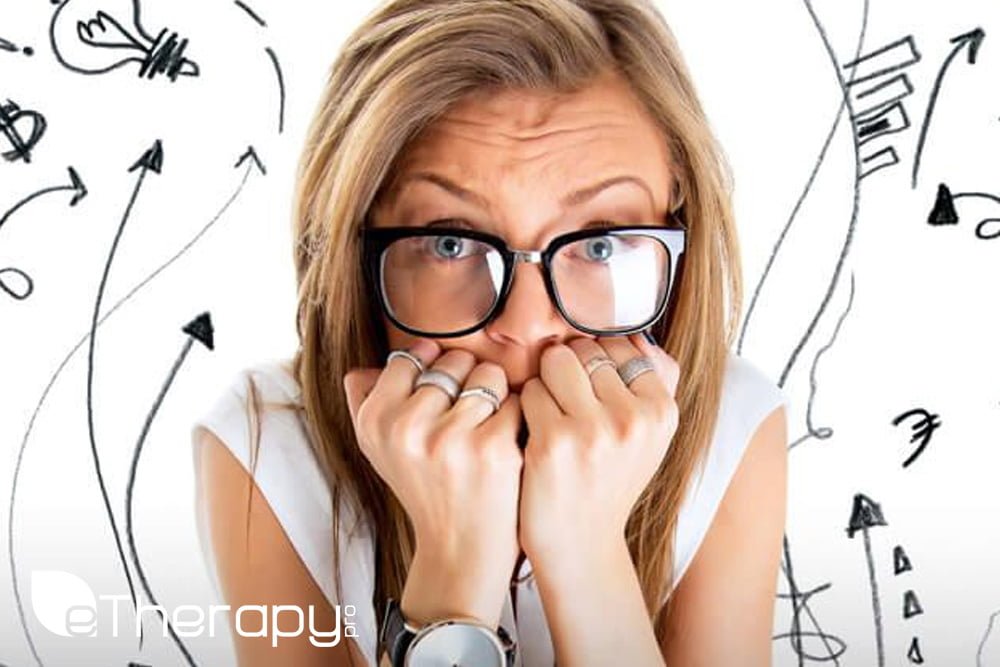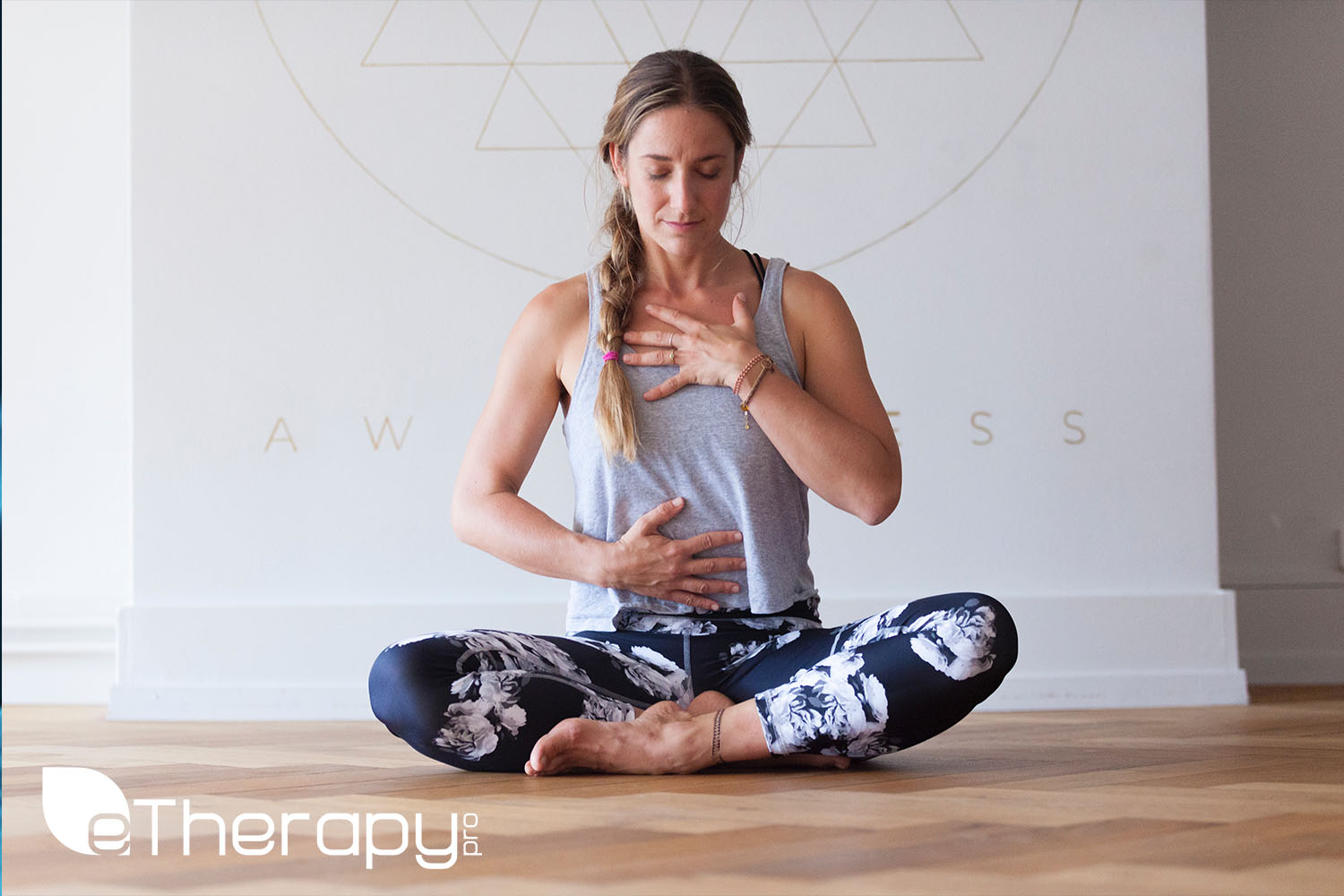
There are several effective methods for treating anxiety disorders. Some people may find success utilizing just one method, but most find a combination of techniques works best.
Several types of drugs are commonly used to treat anxiety disorders. These vary in effectiveness and need to be prescribed by a medical doctor, such as a psychiatrist. Some of these drugs include antidepressants, benzodiazepines, tricyclics, and beta-blockers. Some of these drugs, such as benzodiazepines, can cause drowsiness and are highly addictive. All drugs have some side effects which should be considered.
A common way of treating anxiety disorders is with psychological counseling. This may include psychotherapy, CBT, or a combination of therapies. These may be in a group therapy setting or in individual sessions with the client and the counselor.
CBT, or cognitive behavioral therapy is a popular and effective treatment method for anxiety disorders. This method aims to recognize and then change the thinking patterns associated with anxiety and associated feelings, decrease the occurrence of limited thinking, and change the way individuals react to their anxiety-triggering events.
Group therapy and support groups are another form of treatment for anxiety disorders. Meeting with other people who share your challenges can be helpful and supportive. Knowing you are not alone in these situations can provide strength to overcome and endure. These groups are often led by a mental health professional and are made up of others with a similar diagnosis. A group setting helps individuals stay accountable for reaching their goals and offers beneficial social support.
A new form of therapy has been gaining in popularity recently. Online counseling or online therapy are web-based companies designed to connect clients with counselors via the Internet. The counseling sessions are accomplished through messages, video calls, or voice calls between the therapist and the client. These services are routinely more affordable than traditional, in-office sessions, and are far more convenient. The flexibility to message your counselor at any time or any place is helpful for those who have a very busy schedule, have transportation difficulties, or live in remote areas. It also allows for more frequent interaction between the client and their counselor. They can communicate in the moment when life becomes challenging, rather than waiting for a pre-scheduled appointment.
Outside of the professional setting, there are other things that individuals can do on their own to help manage anxiety. These techniques are often taught by mental health professionals to their clients to use as a tool throughout their lives whenever they experience moments of anxiety. Having these tools readily available can give a person a sense of power over the anxiety disorder and allow them the ability to proceed with the challenges of daily life despite their history with an anxiety disorder.
Learning different methods to help a person relax can be very helpful in managing anxiety symptoms. These tools include relaxation techniques such as practicing mindfulness, guided imagery, and breathing techniques. Learning to slow and control your breathing is an excellent way to shift your focus and initiate relaxation.
Guided imagery is a technique that involves using your imagination to transport your mind to a calm and relaxing environment, allowing your mind to relax and the anxiety to pass. This can be done with another person present to guide you, or with a recorded audio track.
Mindfulness is the practice of living in the present moment. Focusing on the present moment can often pull a person who suffers from an anxiety disorder away from the memory, triggering emotions or events, and avoiding a panic attack. Consciously choosing to focus on the safety and pleasantness of the present moment can effectively mitigate an anxiety attack.
Mental distractions, such as puzzles, adult coloring books, or other hobbies can help a person find calm when dealing with anxiety.
